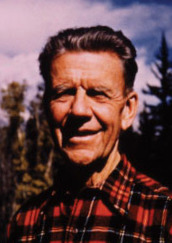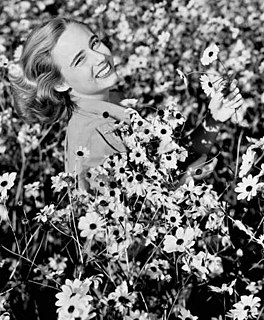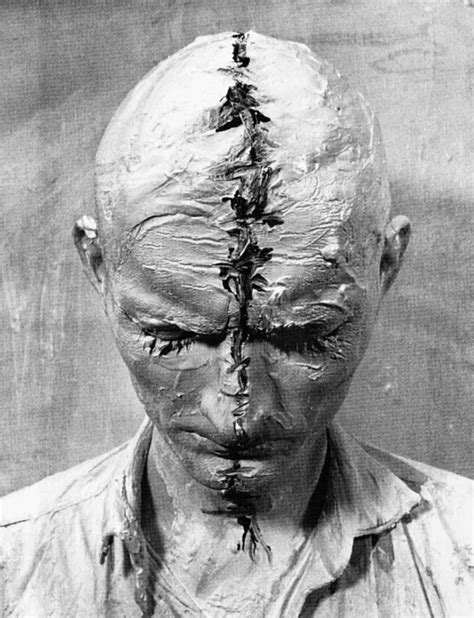A Quote by John Ruskin
The art of drawing which is of more real importance to the human race than that of writing...should be taught to every child just as writing is.
Related Quotes
Drawing is more fun to me than writing. I think it's interesting to talk to different cartoonists about how those activities work for them. I'm a very writerly cartoonist. I certainly spend more time on the writing than I do on the drawing, even though the drawing, of course, is very time-consuming.
I have a hard time writing. Most writers have a hard time writing. I have a harder time than most because I'm lazier than most. [...] The other problem I have is fear of writing. The act of writing puts you in confrontation with yourself, which is why I think writers assiduously avoid writing. [...] Not writing is more of a psychological problem than a writing problem. All the time I'm not writing I feel like a criminal. [...] It's horrible to feel felonious every second of the day. Especially when it goes on for years. It's much more relaxing actually to work.
I'm conscious of race whenever I'm writing, just as I'm conscious of class, religion, human psychology, politics — everything that makes up the human experience. I don't think I can do a good job if I'm not paying attention to what's meaningful to people, and in American culture, there isn't anything that informs human interaction more than the idea of race.
Every human being should be taught that his first duty is to take care of himself, and that to be self-respecting he must be self-supporting. To live on the labor of others, either by force which enslaves, or by cunning which robs, or by borrowing or begging, is wholly dishonorable. Every man should be taught some useful art.
I don't think that writing, real writing, has much to do with affirming belief--if anything it causes rifts and gaps in belief which make belief more complex and more textured, more real. Good writing unsettles, destroys both the author and the reader. From my perspective, there always has to be a tension between the writer and the monolithic elements of the culture, such as religion.
None of us older writers had gone through such a school. We are all self-taught. And, of course, there is always, in such a school, the danger of goose-stepping, uniformed ranks. But the Serapion Brethren have already, it seems to me, outgrown this danger. Each of them has his own individuality and his own handwriting. The common thing they have derived from the studio is the art of writing with ninety-proof ink, the art of eliminating everything that is superfluous, which is, perhaps, more difficult than writing.
If you have to find devices to coax yourself to stay focused on writing, perhaps you should not be writing what you're writing. And if this lack of motivation is a constant problem, perhaps writing is not your forte. I mean, what is the problem? If writing bores you, that is pretty fatal. If that is not the case, but you find that it is hard going and it just doesn't flow, well, what did you expect? It is work; art is work.
I have taught the long poem off and on for years. The more book-length poems I read and studied and taught the more interested I was in the possibilities in writing a poetry that applied formal and substantive options of narrative and non-narrative, lyric and non-lyric. I found many pleasures in this kind of writing. The long poem is as old as the art form.
When writing goes painfully, when it’s hideously difficult, and one feels real despair (ah, the despair, silly as it is, is real!)–then naturally one ought to continue with the work; it would be cowardly to retreat. But when writing goes smoothly–why then one certainly should keep on working, since it would be stupid to stop. Consequently one is always writing or should be writing.





































